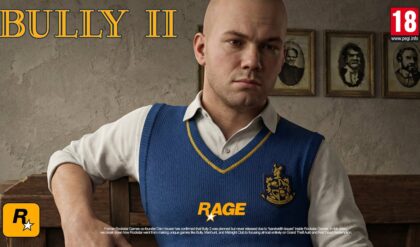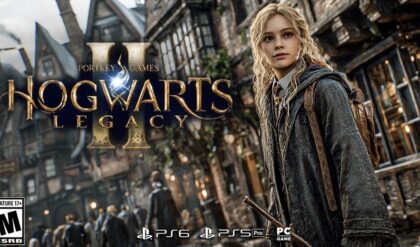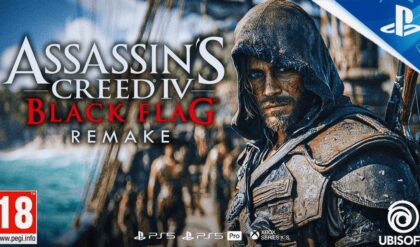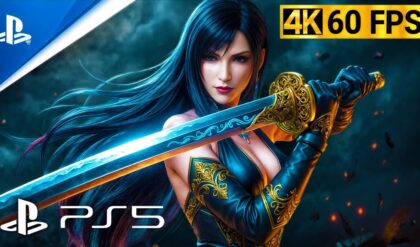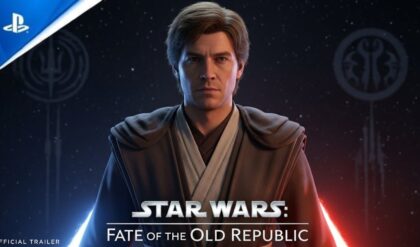Zelda Casting CHAOS! 😱 “Not My Zelda” explodes as gender activists rage over Nintendo’s shocking pick for the iconic princess! Is this a win for tradition or a missed chance for history? 🤔 Dive into the Hyrule-sized drama! 👉
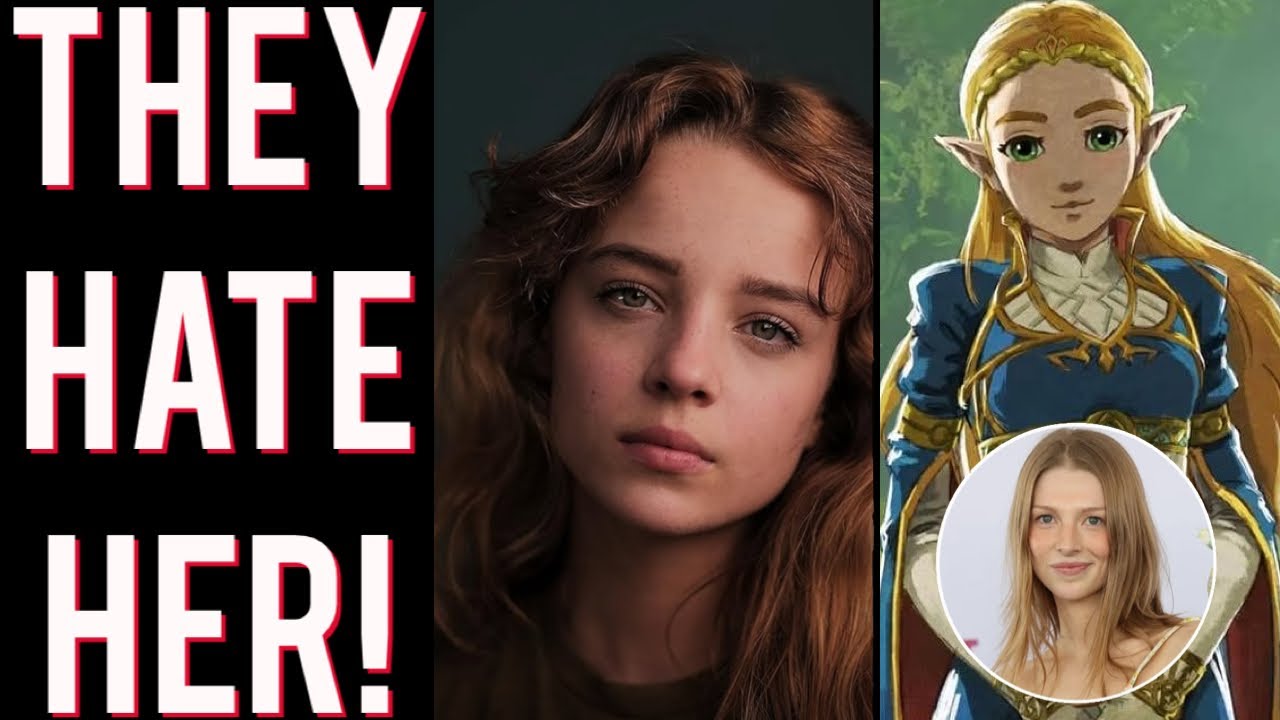
The announcement on July 16, 2025, that Bo Bragason and Benjamin Evan Ainsworth would portray Princess Zelda and Link in Nintendo and Sony’s live-action The Legend of Zelda film, set for release on May 7, 2027, was meant to ignite excitement for a long-awaited adaptation of a beloved franchise. Instead, it unleashed a firestorm dubbed “Not My Zelda,” a viral backlash fueled by the decision not to cast Hunter Schafer, a transgender actress rumored to be in contention for Zelda. The controversy, amplified by posts on X and Reddit, reveals a clash between fan expectations, cultural politics, and corporate caution, with accusations of transphobia colliding against demands for fidelity to the source material. This analysis dissects the origins of the “Not My Zelda” uproar, the role of manufactured rumors, and the broader implications for representation and adaptation in a polarized entertainment landscape.
The Legend of Zelda series, created by Shigeru Miyamoto in 1986, centers on the Hylian hero Link and Princess Zelda, the guardian of the Triforce of Wisdom, in their eternal struggle against the villain Ganondorf. A cultural juggernaut, the franchise has sold over 140 million copies, with Breath of the Wild and Tears of the Kingdom redefining open-world gaming. The live-action film, directed by Wes Ball and produced by Miyamoto and Avi Arad, aims to capture this legacy while appealing to a global audience. The choice of Bragason, a 21-year-old British actress known for Renegade Nell, and Ainsworth, a 16-year-old from The Haunting of Bly Manor, reflects Nintendo’s strategy of casting young, lesser-known actors to embody the youthful Link and Zelda of games like Echoes of Wisdom. Yet, the announcement was overshadowed by a pre-existing rumor that Schafer, a 26-year-old star of Euphoria and The Hunger Games: The Ballad of Songbirds & Snakes, was eyed for Zelda, a claim that sparked both fervent support and vitriolic opposition.
The rumor, first reported by leaker Daniel Richtman in May 2025, gained traction due to Schafer’s striking resemblance to Zelda, particularly the adult versions in Ocarina of Time and Twilight Princess. Her blonde hair, elvish features, and expressed enthusiasm for the role—she told Entertainment Tonight in 2022, “That would be so cool. I played that video game a bunch when I was a kid”—fueled fan-casting fervor. A viral fan edit and a Vogue photoshoot featuring Schafer with a Nintendo Switch further cemented her as a “perfect” choice, especially among queer fans who saw her casting as a chance for historic transgender representation. A post by @cmclymer on X captured this excitement, stating, “I can’t think of anyone who has looked more like a fictional character.” However, That Park Place revealed the rumor stemmed from a PR firm tied to Schafer, not Nintendo or Sony, suggesting an orchestrated push to generate buzz. When Bragason was announced, disappointment turned to outrage, with X users like @transtruther70 lamenting, “I’ll NEVER forgive them for not casting Hunter,” and others claiming Nintendo caved to “incels.”
The backlash wasn’t one-sided. Posts on X, such as @YellowFlashGuy’s “Make her a MAN! ‘Not My Zelda’ goes VIRAL,” and @YorchTorchGames’ claim that casting Schafer would “disrespect women,” revealed a counter-narrative steeped in transphobia. These sentiments, often laced with derogatory language, framed Schafer’s potential casting as a betrayal of Zelda’s femininity, ignoring that her transgender identity wouldn’t alter the character’s gender in the film. On Reddit’s r/nintendo, some users argued against Schafer not due to transphobia but because she resembled an older Zelda, not the youthful one implied by the casting call for 16–23-year-olds. Others, as noted in a post by u/razorbeamz, dismissed the controversy as pointless, pointing out that casting decisions often hinge on mundane factors like scheduling or appearance, not political agendas. The transphobic vitriol, however, prompted r/nintendo to ban such comments, highlighting the toxicity that erupted from a mere rumor.
This polarized reaction mirrors broader tensions in video game adaptations. Nintendo, known for its conservative approach, has a history of avoiding controversy, as seen in its tight control over The Super Mario Bros. Movie, which grossed $1.3 billion by playing it safe. The 1993 Super Mario Bros. film’s failure taught Nintendo to prioritize brand fidelity, a lesson reinforced by the Sonic the Hedgehog redesign saga, where fan backlash led to a successful overhaul. Casting Schafer, a high-profile transgender actress, risked alienating conservative audiences, particularly in Japan, where trans culture, while visible in alternative spaces, faces legal and social hurdles. A Reddit user on r/PoliticalCompassMemes noted, “Nintendo historically seems pretty set on avoiding conflict,” suggesting the choice of Bragason was a calculated move to sidestep drama. Disney’s recent cuts to LGBTQ+ content in Win or Lose and Elio reflect a similar risk-averse strategy, prioritizing mass appeal over progressive casting.
The “Not My Zelda” controversy also evokes past debates within the Zelda fandom, particularly around Sheik, Zelda’s male disguise in Ocarina of Time. Some fans speculated Sheik implied transgender elements, but Nintendo clarified Sheik’s female identity in Super Smash Bros. and Ocarina of Time 3D, undercutting arguments that Zelda’s lore supports a trans casting. This history, detailed on Zelda Wiki, shows how fans project modern identities onto fictional characters, often ignoring established canon. The Schafer rumor, while exciting for representation, leaned on a misreading of Zelda’s narrative, as her Sheik persona was a tactical disguise, not a gender identity shift. This misinterpretation fueled both the enthusiasm and the backlash, with activists seeing a missed opportunity and detractors rejecting what they saw as a “woke” imposition.
The manufactured nature of the rumor, as exposed by That Park Place, raises questions about media manipulation. The PR-driven push for Schafer, amplified by @Screentime’s 80-million-view post, created a false narrative that polarized fans before official casting was even announced. This mirrors the The Last of Us casting backlash against Bella Ramsey, where fans criticized her appearance despite her acclaimed performance, revealing a double standard: Schafer’s resemblance to Zelda was praised, but her trans identity was attacked, while Ramsey’s acting was ignored for not “looking like Ellie.” This hypocrisy, noted by FandomWire, suggests that fan outrage often masks prejudice rather than genuine concern for fidelity. Nintendo’s silence on the rumor, followed by a straightforward casting reveal, aligns with its strategy to let the film speak for itself, but the damage was done, with transphobic comments flooding X and Reddit.
The entertainment industry’s struggle with representation lies at the core of this saga. While Schafer’s casting could have been groundbreaking, Nintendo and Sony’s choice of Bragason reflects a pragmatic focus on a family-friendly, controversy-free film. The Super Mario Bros. Movie’s success showed that broad appeal trumps niche debates, but it also sidesteps the need for diverse representation, a criticism levied at Disney for similar decisions. The “Not My Zelda” outcry, whether from activists or detractors, underscores a fandom divided by cultural wars, where casting becomes a battleground for identity politics rather than artistic merit. As the film progresses toward 2027, its success will hinge on whether Ball and Nintendo deliver a story that captures Zelda’s timeless magic, not on who was or wasn’t cast. For now, the controversy reveals more about the industry’s cautious navigation of a polarized world than about the princess herself.
